Suite Bourgeoise - FL/OB/PN
Composer: Arnold, Malcolm
Publisher: Queen's Temple Publications
Edition: 65691
$34.95
for flute, oboe (or clarinet), and piano
by Malcolm Arnold (1921-2006) - English composer
This piece contains music of "great charm and wit" and reveals Arnold's interest in a number of contemporary styles and personalities- within the five movements we find popular and dance music, allusions to Les Six, and more than a hint of Constant Lambert, of whom Arnold once said that he admired "more than any man in the world".
The Prelude, the most serious of the five movements, is an early indication of Arnold's love of contrapuntal textures- a mode of writing that he was to make much use of in many of his later works. The Tango is dedicated to "Elaine"- a friend of Arnold's who often visited him at his home in Northampton. Elaine evidently spoke with a rather monotonous voice. Richard Adeney remembers her "speaking often on one note" and Arnold himself, rather unkindly suggests that she could only sing one note- f sharp!. Perhaps this is portrayed in the music by the repeated note patterns. At the time of writing the Suite Bourgeoise, Arnold was having composition lessons with Gordon Jacob- a man for whom he had enormous respect. He had, in a typically scurrilous gesture, originally entitled the next movement "Whorehouse", but thought better of it before showing the music to this teacher. The word is heavily crossed out and replaced by "Censored" to which Arnold appended the more acceptable but prosaic, Dance. The Ballad demonstrates Arnold's wonderful gift for melody: it is quite a surprise that this glorious tune didn't find itself into one of his many films as indeed material from the next movement did. Devotees of the St. Trinian's films will certainly recognize familiar music in the delightful Valse, which concludes the Suite. It is dedicated to "Ugo" who is in fact the conductor Hugo Rignold. Before becoming involved with more serious music, Rignold was a jazz violinist in the famous Kit-Cat Band. Arnold was also fascinated by the fact that Rignold was an amateur motor-racing enthusiast. This slightly outrageous mix of interest (for a "classical" musician) would have made him an ideal role-model for the occasionally mischievous young composer!
Malcolm Arnold's first work for winds, written in 1940 and rediscovered in 1996. Edited by Paul Harris, there is an alternate clarinet part provided in lieu of oboe.

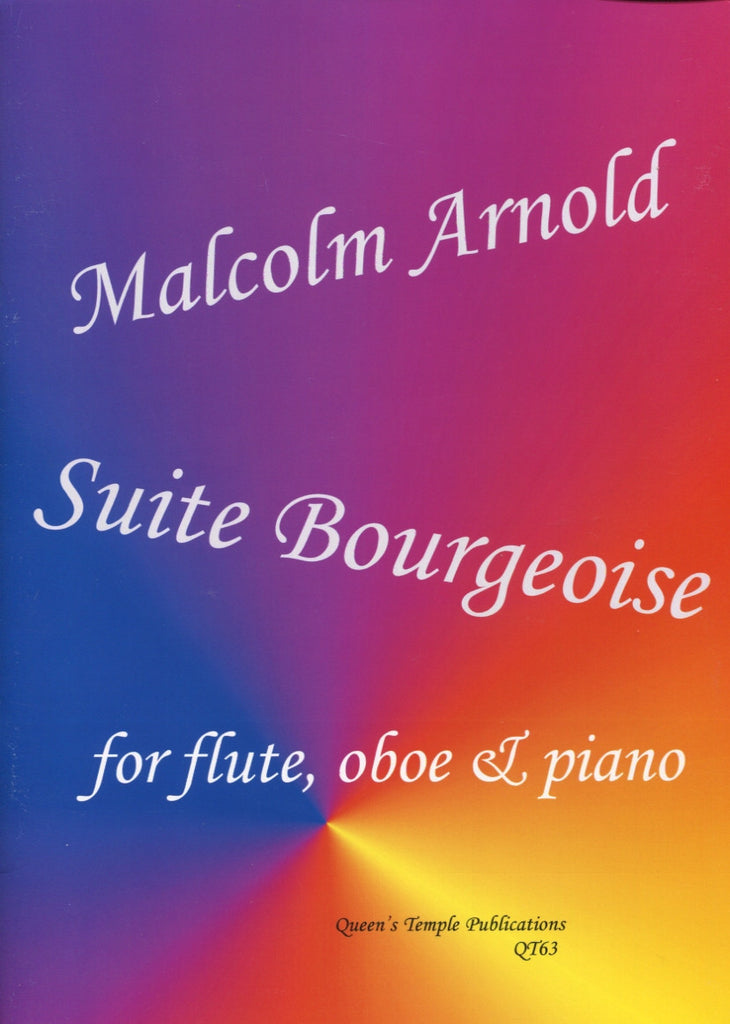
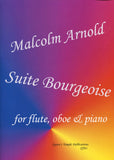
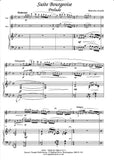
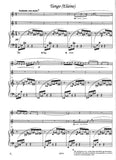
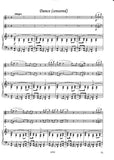
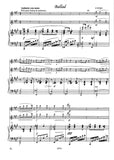
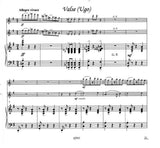
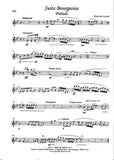
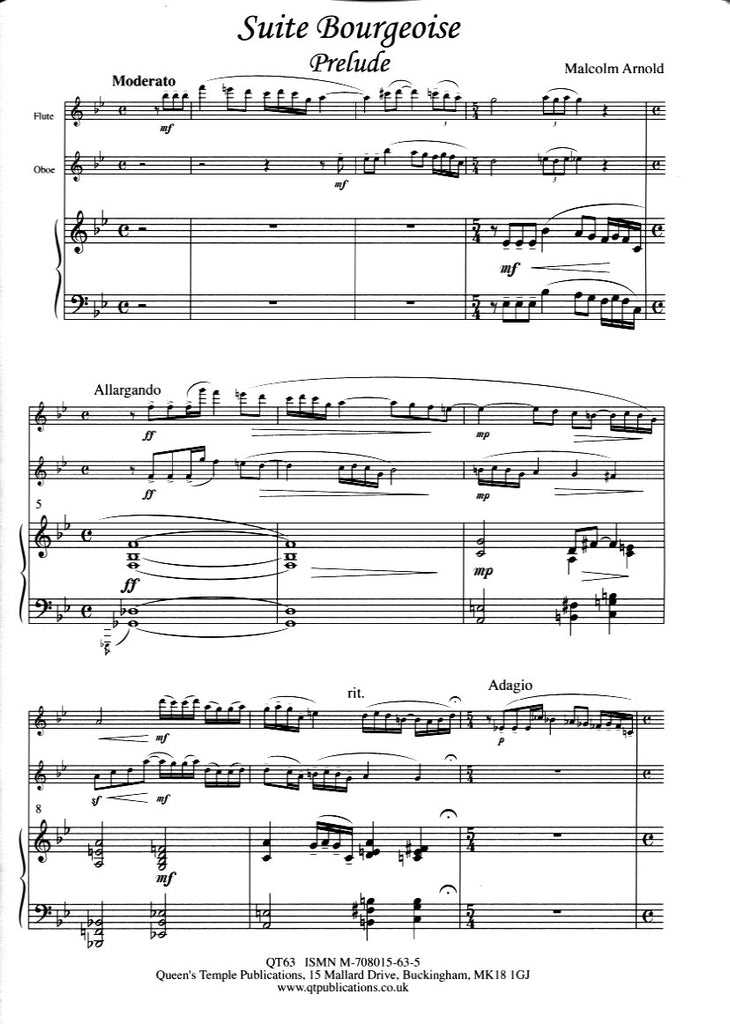
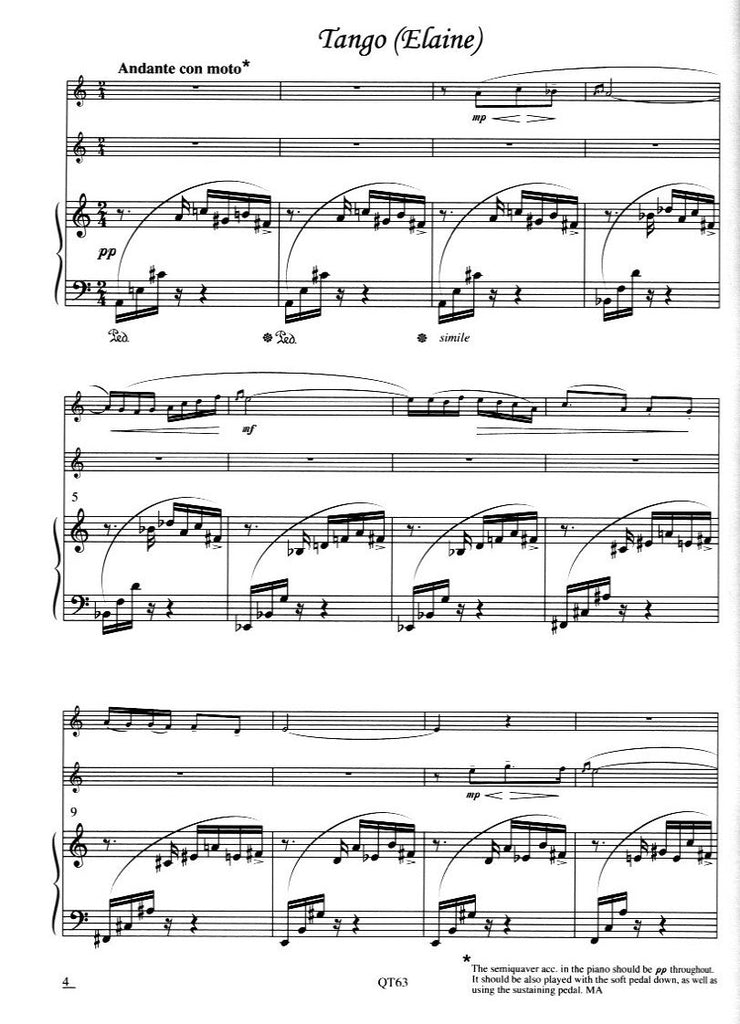
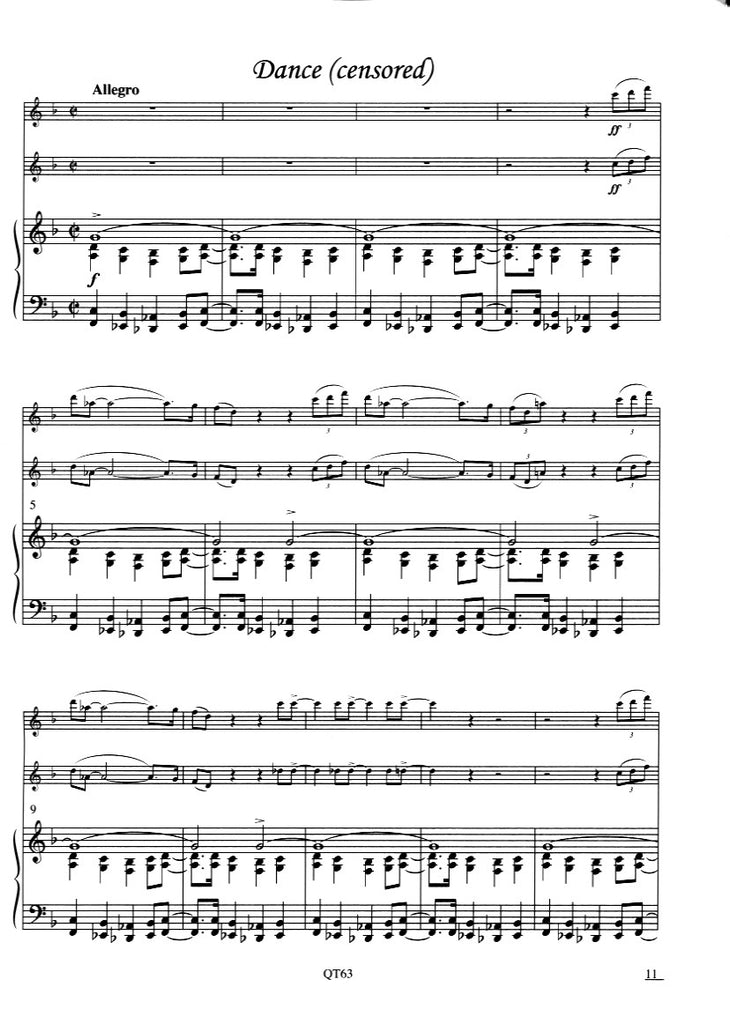
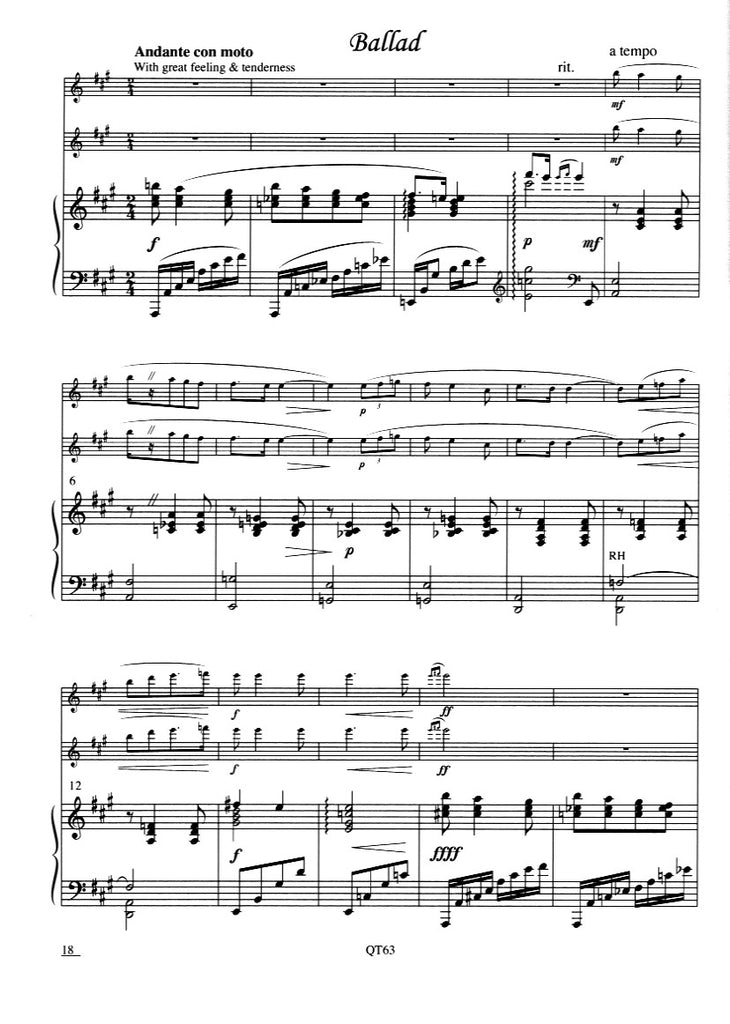
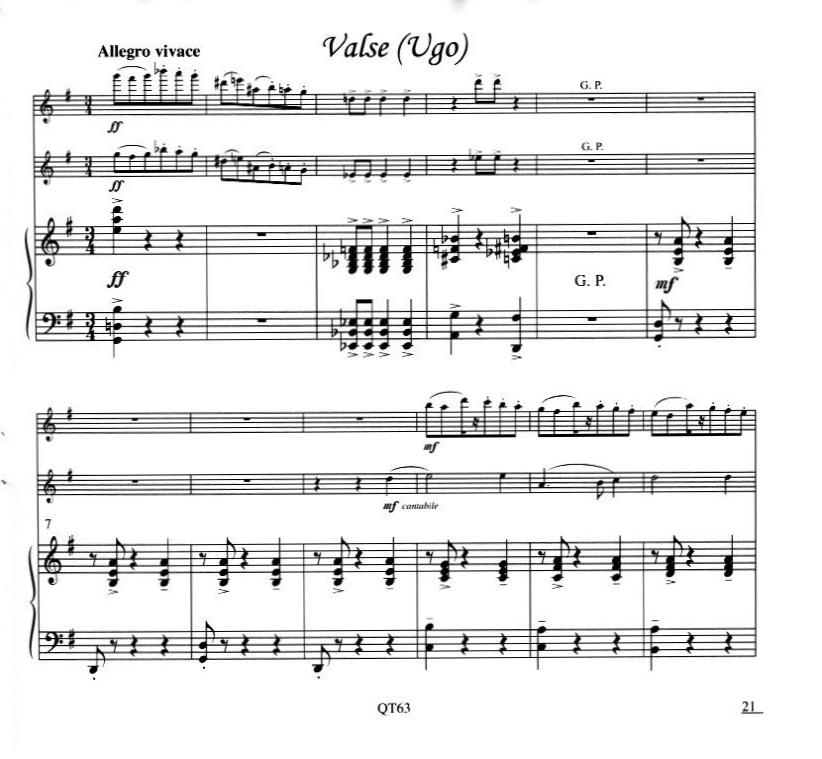
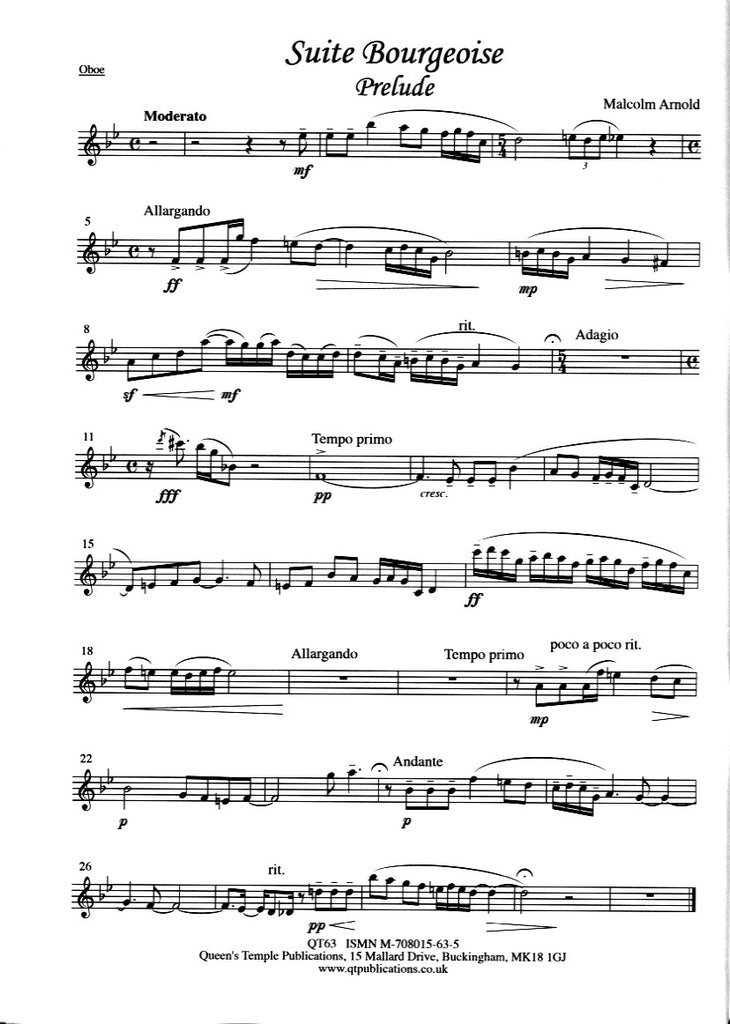
Share this item: